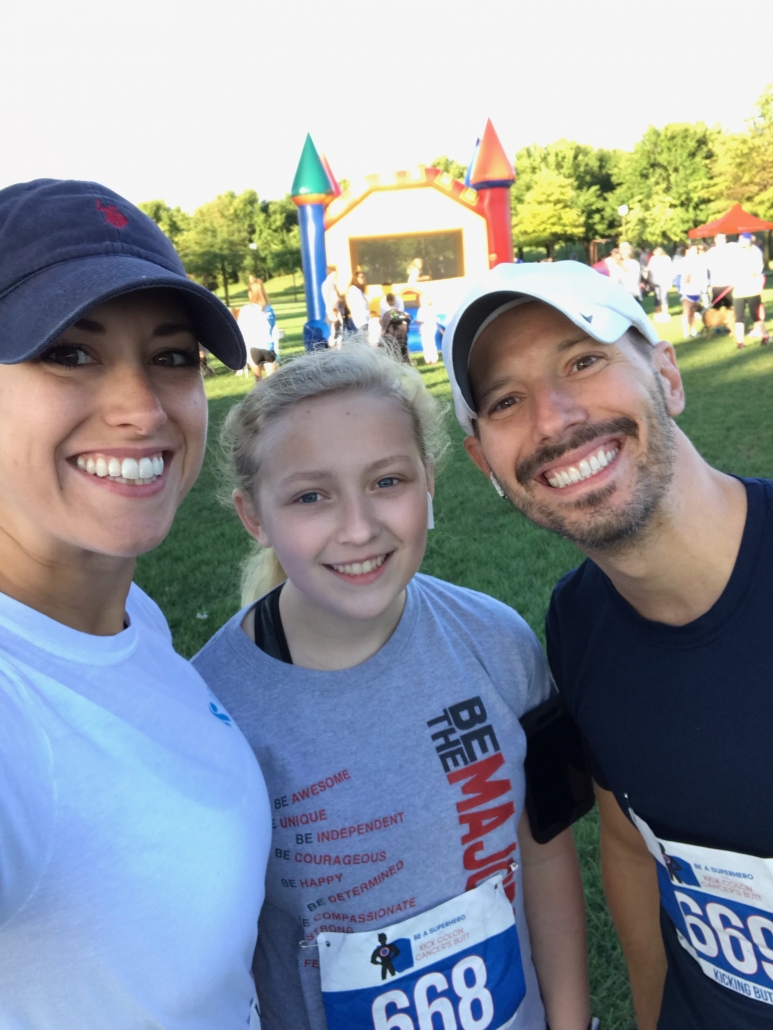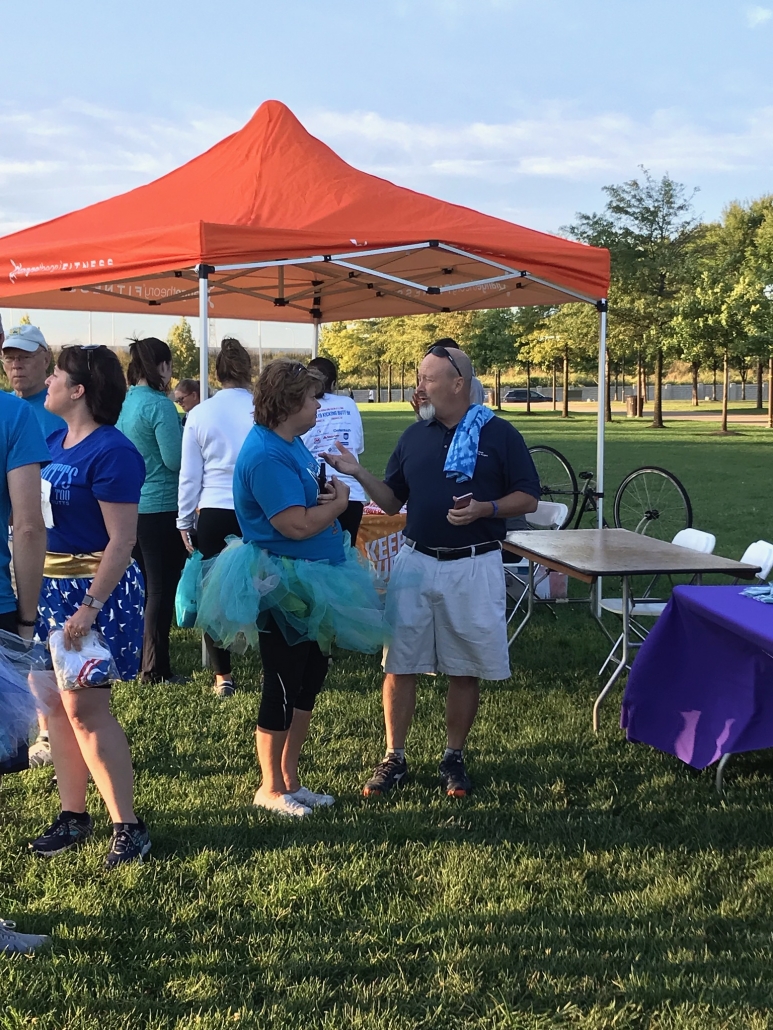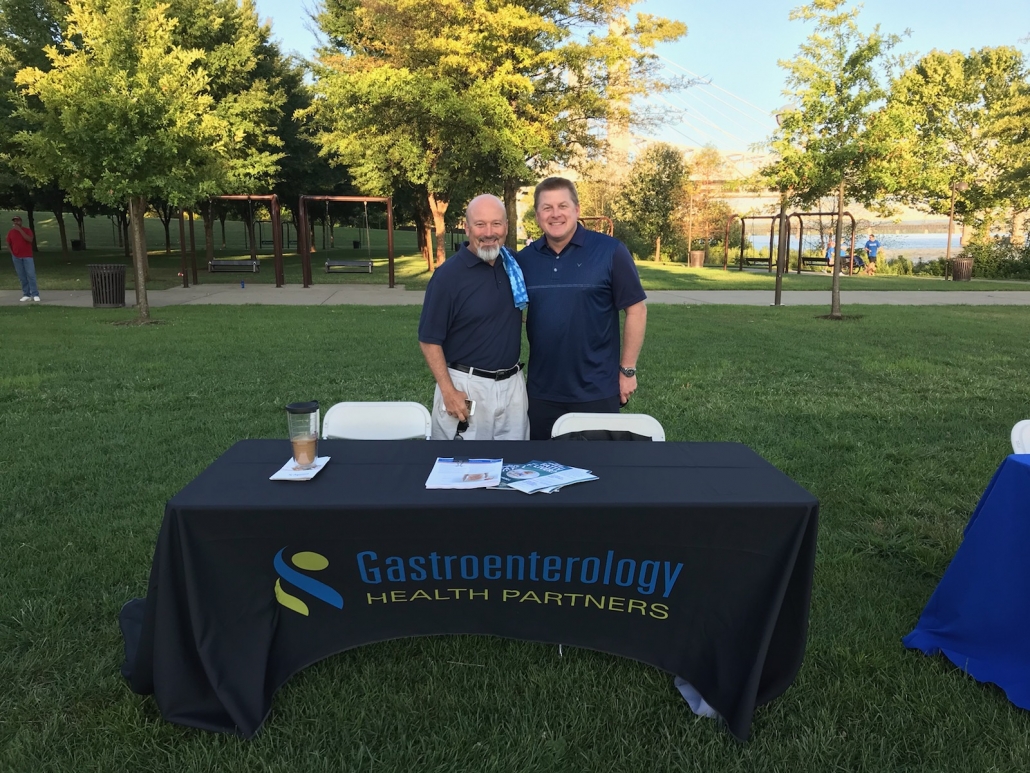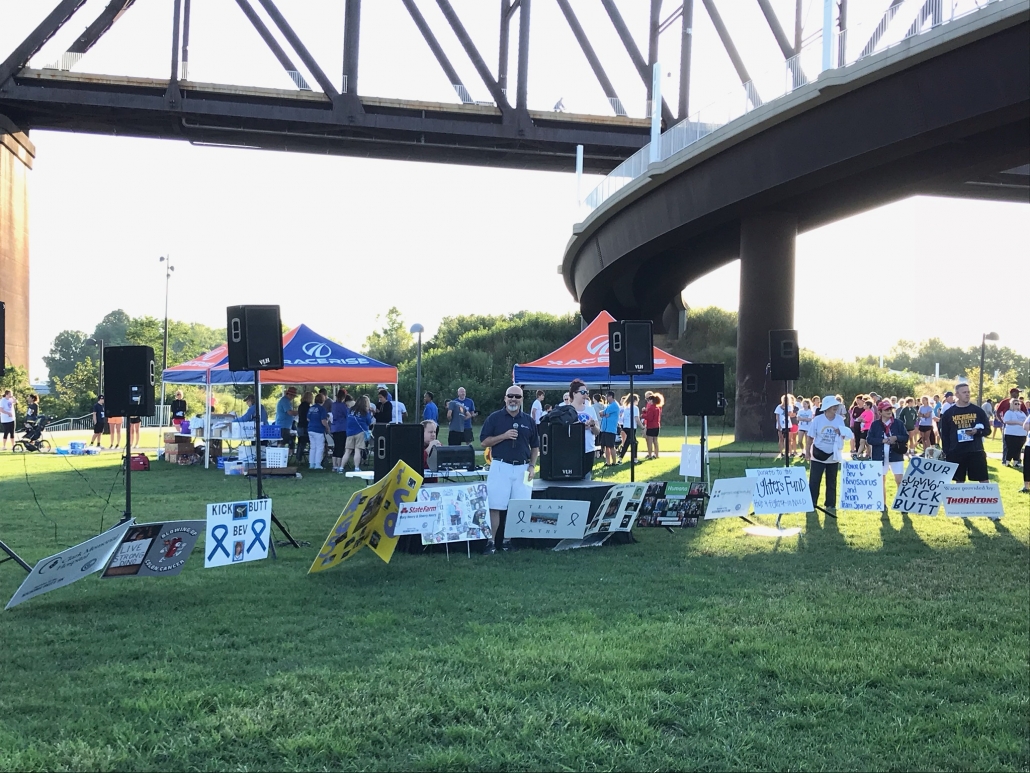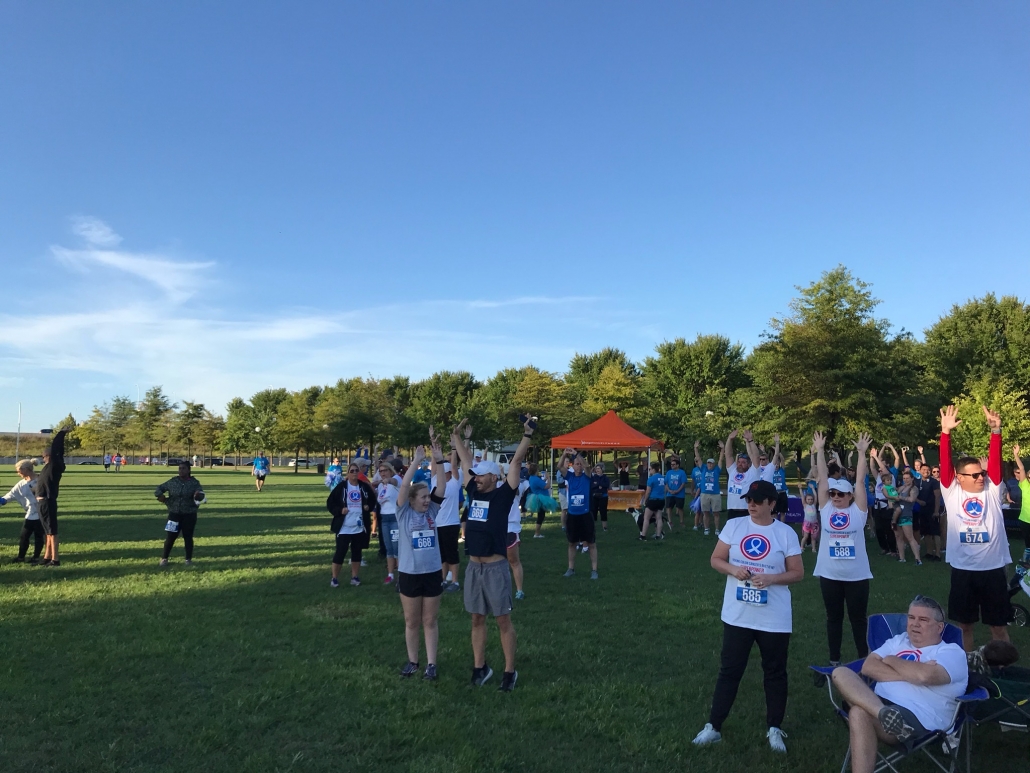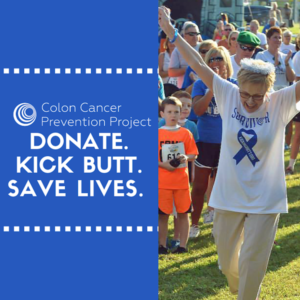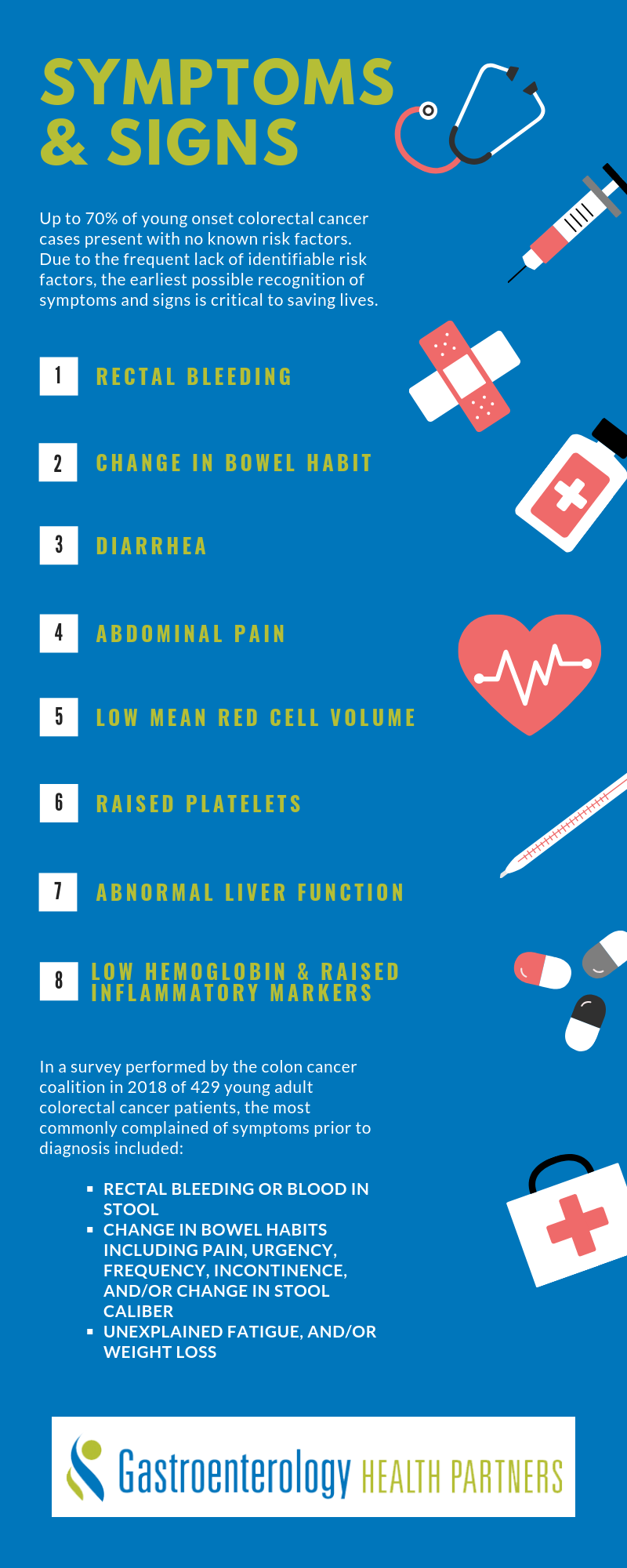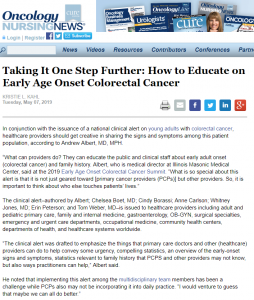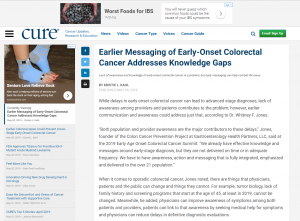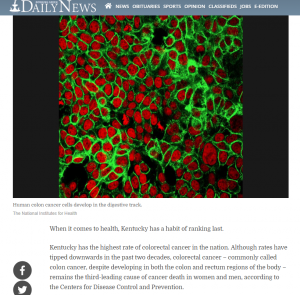Colon Cancer Awareness: Our Favorite Online Resources
March is colon cancer awareness month. This disease is preventable with timely and regular screenings. Awareness-raising resources and campaigns are a key part in increasing screening rates, so today on the blog we’ll share some of our favorite online resources on the topic.
CDC Resource Library
The Centers for Disease Control and Prevention has an excellent website full of resources. Among these resources is all of their colon cancer content. They have everything from personal stories to an awareness quiz and posts to share on social media. Here’s a list of some of our favorite resources they offer:
- Data visualizations tool
- You can examine colon cancer statistics with tools including an interactive map, tables, and charts.
- Basic information
- The CDC provides a central hub for all of the basics about colorectal cancer, including symptoms of the disease, screening information, and questions you can ask your doctor.
- Screening stories
- Read stories from people who have gotten screenings and learn about their experiences.
ASGE Colon Cancer Awareness Resources
The American Society for Gastrointestinal Endoscopy has a number of great resources you can use as a patient and as an advocate. Here are a few highlights from their website:
- Tool to start dialogue about screening for patients and doctors
- This document breaks down the different types of screening available, divided by different risk categories.
- Videos
- ASGE has a number of videos that cover topics like colonoscopies, myths about colon cancer, and community outreach.
- Banner and poster
- The organization provides a banner you can use on your website or email signature, plus a poster you can print and hang up.
ASCRS’ Resources
The American Society of Colon & Rectal Surgeons has several resources on their website that you might find helpful. Here are a few favorites:
- Media pitch letter
- ASCRS has a letter that you can modify and send to local news organizations, asking for air time to talk about colon cancer.
- Online store
- The organization has an online store where you can purchase brochures in bulk for use in treatment settings.
Colon Cancer Coalition’s Targeted Campaign
The Colon Cancer Coalition has a targeted awareness campaign called #BlueForCRC that you can participate in. Their website has resources for this campaign including:
- Sample social media posts
- A training webinar for advocates
- Informational resources that can be distributed
- Tips and tricks for successful advocacy using their campaign
ACG’s Website
The American College of Gastroenterology’s website features resources that you can use for awareness-raising. Some of our favorites are:
- A library of graphics that you can print for patients, hang as posters, and share on social media.
- A podcast series that addresses colon cancer topics in a Q&A format. Episodes cover topics including risk factors, screenings, bowel prep, and early detection.
Our team at GHP has years of experience screening for colorectal cancer. We can help establish the best plan of care for you. Read more about how we perform screenings here. Contact any of our office locations to learn about the options we offer and book an appointment today.


